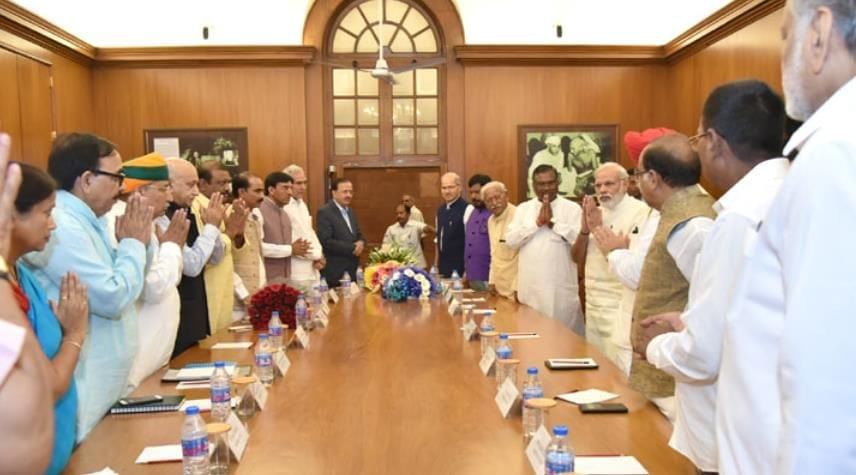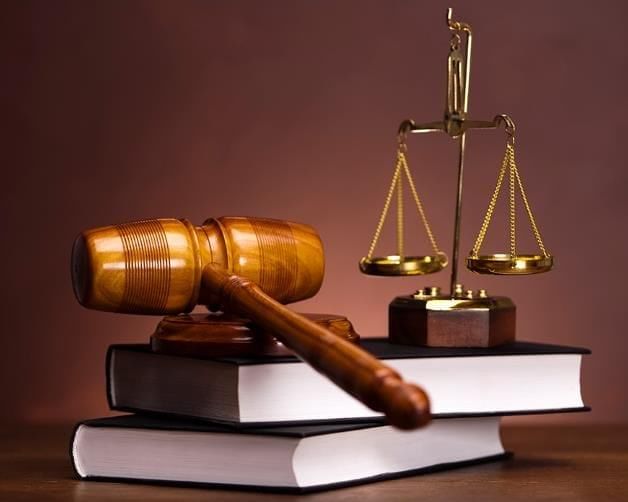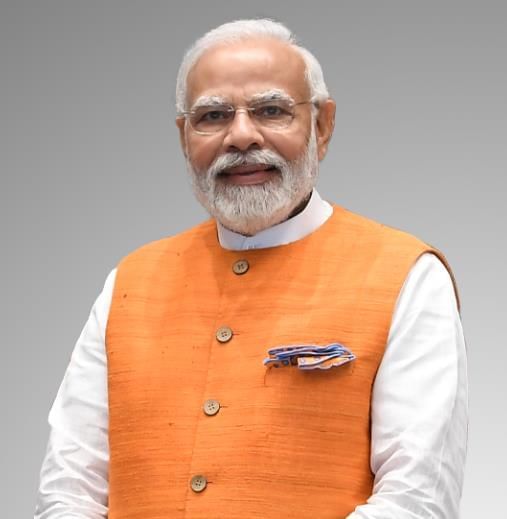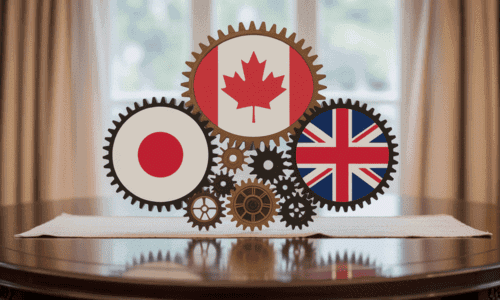|
The president is considered the true leader of the Union Executive. True or False? |
Card: 1 / 30 |
|
False. The president is the ceremonial head of state, while the Prime Minister and the council of ministers hold actual executive power. |
Card: 2 / 30 |
|
In the Union Executive, the Prime Minister is responsible for ___ the council of ministers. |
Card: 3 / 30 |
|
Why is it necessary to have party elections instead of allowing individuals to compete directly? |
Card: 5 / 30 |
|
Party elections enable organized governance.
|
Card: 6 / 30 |
|
The Union Executive operates under a framework of rules and laws that govern its functions. True or False? |
Card: 7 / 30 |
|
True or False: In a parliamentary system, the executive is independent of the legislature. |
Card: 13 / 30 |
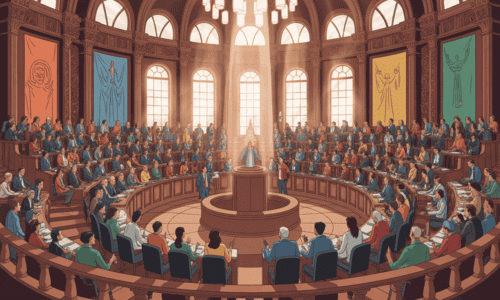 False. In a parliamentary system, the executive is accountable to the legislature. |
Card: 14 / 30 |
|
List two reasons why a parliamentary form of government is preferred in India. |
Card: 15 / 30 |
 Unlock all Flashcards with EduRev Infinity Plan Starting from @ ₹99 only
|
|
1. It ensures the executive's responsibility to the legislature. |
Card: 16 / 30 |
|
Fill in the blank: The parliamentary system allows for the possibility of an ___ government. |
Card: 17 / 30 |
|
In a parliamentary system, the Prime Minister acts as the ___ executive, while the Head of State holds a ___ position. |
Card: 21 / 30 |
|
True or False: In a parliamentary system, the Head of State is the actual executive responsible for governance. |
Card: 23 / 30 |
|
Fill in the blank: Countries like ___, ___, and ___ follow the parliamentary system of government. |
Card: 25 / 30 |
|
True or False: The President of India has the authority to perform tasks not specifically stated in laws. |
Card: 29 / 30 |
|
False. The executive does not have the authority to engage in activities without clear legal provisions. |
Card: 30 / 30 |





